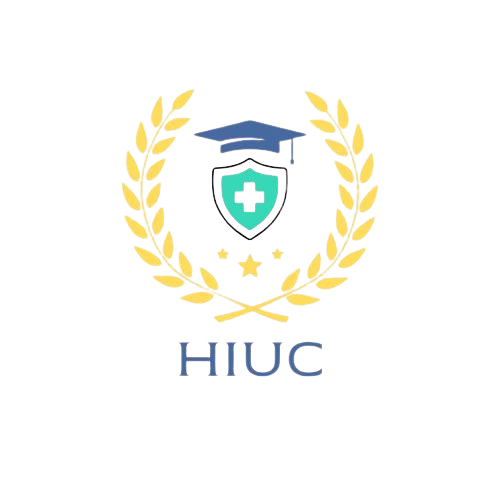UNiversity Policies
Delve into HIUC University’s foundational policies, fostering a respectful, inclusive, and ethical academic environment.
Disability Policy
HIUC University’s Disability Policy ensures non-discriminatory access to education, with a focus on accommodating hard-of-hearing and deaf students in online courses. The policy mandates the transcription or captioning of all audio components in course materials, ensuring they are accessible before course commencement. Instructors, unaware of students’ hearing disabilities during the Drop/Add period, are required to design their courses with accessible materials.
The policy acknowledges limitations in accommodating hearing disabilities with synchronous audio technologies and avoids using online learning telephone conferencing systems when students with hearing disabilities are enrolled.
Sexual Harassment and Gender Discrimination
HIUC University strictly prohibits sexual harassment and gender discrimination, defining these as unwelcome sexual advances, requests for sexual favors, or any verbal or physical conduct of a sexual nature that affects employment, hinders work performance, or creates a hostile work environment.
The University enforces a zero-tolerance policy against such behaviors from staff, faculty, or students. In cases where sexual harassment is suspected, appropriate law enforcement agencies are to be notified.
Ethical Computer Use
HIUC University is committed to ethical computer use. The university community is expected to use communication and computing resources responsibly, adhering to legal and ethical standards. This includes maintaining system integrity, safeguarding data confidentiality, complying with regulations for equipment use, avoiding unauthorized access, and following usage guidelines.
Users are expected to respect account purposes and familiarize themselves with system usage rules.
Grievance Procedures
-
Filing Grievances:
Initial Step: Students submit grievances through the Student Support Center, ensuring privacy with individualized login.
Daily Review: The Director of Student Resources checks the Student Support Center daily, handling reports in accordance with FERPA standards.
Sorting Appeals: Grievances are categorized based on their nature to assess seriousness and urgency.
2. Addressing Specific Concerns:
- Technical Issues: Handled by the Director of Student Resources.
- Academic and Other Grievances: Managed by the EVP of Student Affairs, covering concerns such as course modules, program specifics, faculty, and grades.
- Collaboration in Resolution: The EVP collaborates with the Provost and Deans for grade or teacher-related issues, including scheduling meetings with students for direct discussion.
- Ethics Committee Involvement: More complex concerns are escalated to the HIUC University Ethics Committee.
Copyright Policy and Procedure
HIUC University enforces a stringent policy on copyrights and patents. Research projects utilizing substantial university resources, including facilities and equipment, must assign all related patents and applications to the University, unless exempt under the University’s patent policy provisions.
If a student’s research does not significantly use University resources and isn’t subject to any sponsored project terms, the University waives its rights, and the work remains the student’s property, provided it adheres to any terms of financial aid or external sponsorship.
The administration of intellectual property matters, including patents and copyrights, falls under the Dean of Students Affairs and Counseling Affairs or their designee. They are responsible for representing the University in significant intellectual property matters affecting public, government, and industry relations. The Patent Committee advises on intellectual property issues arising from student activities, determines rights between researchers and the University, and manages unexercised patent rights.

